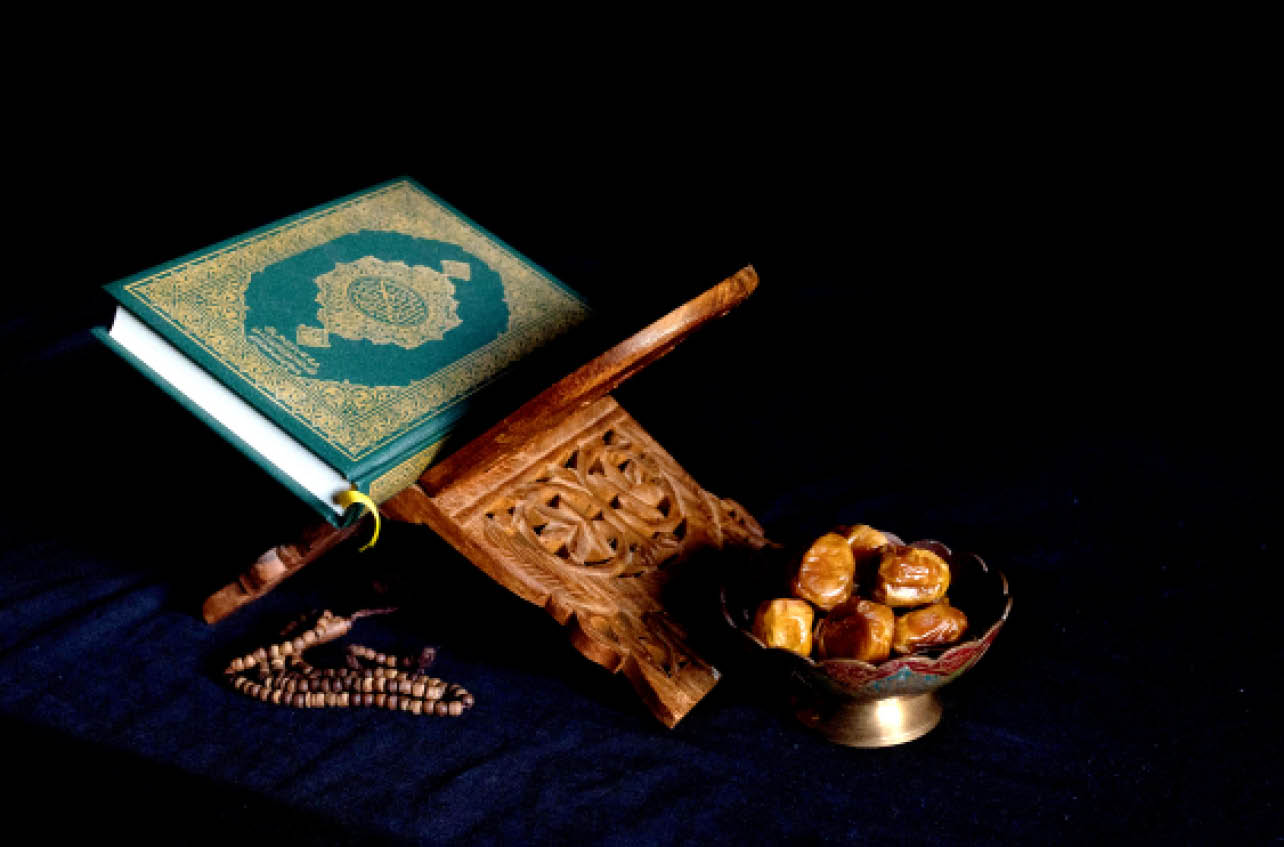Last year, a neighbour of mine went to the market on the first day of Ramadan. The sun was devastatingly hot, and temperature was 43oC. The poor woman barely made it back home before passing out at her doorstep. My attention was called and all manner of resuscitation that excluded breaking her fast was implemented- but alas, the woman remained weak. Her pulse was weak and thready, and her eyes had sunk deep into their sockets. I made the decision to give her a chilled bottle of Zobo and IV fluids. Five minutes later, this Hajia was sitting and gisting us about her market shenanigans.
I was furious. ‘Who asked you to go to the market in this heat while fasting?’
She had no coherent answer.
Fasting during the hot season, especially during Ramadan, presents a unique set of challenges and considerations for Muslims around the world. Ramadan, the ninth month of the Islamic lunar calendar, is a period of spiritual reflection, self-discipline, and heightened devotion. It is observed by Muslims worldwide as a month of fasting, prayer, reflection, and community. Fasting during the hot season can be particularly demanding due to the longer daylight hours and higher temperatures in many regions. However, with careful planning and adherence to certain tips, fasting during the hot season can be made more manageable and spiritually rewarding.
For such an important month, it will be foolhardy for us not to prepare for it in advance. The way I see it, if we can prepare for Sallah clothes to prevent tales that touch the heart by unreliable tailors, then we can prepare for Ramadan.
Here are a few tips to help us cope during this hot season so that you don’t pass out like my neighbour.
First and foremost, staying hydrated is essential during Ramadan. Dehydration can lead to fatigue, headaches, and other health issues, which can make fasting more challenging. Therefore, it is crucial to drink plenty of water during non-fasting hours, especially during Suhoor (pre-dawn meal) and Iftar (breaking of the fast). Opting for hydrating foods such as watermelon, cucumbers, and oranges during Suhoor can also help maintain hydration levels throughout the day.
It is advisable to avoid caffeine and sugary drinks during Suhoor and Iftar, as they can contribute to dehydration. Instead, opt for water, or natural fruit juices to stay hydrated and refreshed. For my ‘buzu’ Nigerians, that have made tea a way of life, avoid drinking tea at Suhoor as tea increases salt excretion in the urine. Limiting the intake of salty and spicy foods during Suhoor and Iftar can also help prevent thirst and dehydration during fasting hours.
Secondly, pay attention to the suhoor meal and not to miss it, and it is preferable that the meal is rich in nutrients, complex carbohydrates (black bread), protein (milk or a cup of milk), a grain of vegetables and a cup of milk or water. It is essential to consume a balanced diet during Suhoor and Iftar to sustain energy levels throughout the day. Foods rich in complex carbohydrates, such as whole grains and legumes, can provide a slow release of energy, keeping one feeling fuller for longer periods. Additionally, incorporating protein-rich foods like lean meats, eggs, and dairy products into meals can help maintain muscle mass and prevent fatigue during fasting hours.
Third, managing physical activity during the hot season while fasting is essential to prevent exhaustion and dehydration. It is advisable to schedule strenuous activities and outdoor workouts during the cooler parts of the day, such as early morning or evening, to avoid overheating and dehydration. Light exercises such as walking, stretching, and yoga can be incorporated into daily routines to maintain physical well-being during Ramadan.
Fourth, it is important for people to limit their exposure to the sun and those people who work in the sun must take regular breaks. Avoid sitting under the sun, there could be a chance of a heat stroke. And yes, Black people can have heat strokes. Stay out of the sun from 11am to 4pm if possible. All those visitations and errands that need to be done should be carried out well before the month. If you are not going out in an airconditioned car, all those un-necessary market trips can wait. If you absolutely have to go to the market, go early in the morning or late evening. Or better yet, send someone.
Fifth, If you have to go out, wear light-coloured, loose-fitting clothes made of natural fibers such as cotton and linen.
Sixth, if water is not a problem, take a lot of showers to enhance the feeling of freshness in extreme heat. Sometimes, just rinsing the face will suffice.
Finally, listening to one’s body and knowing one’s limits is paramount when fasting during the hot season. If fasting becomes excessively challenging due to health concerns or extreme weather conditions, it is permissible in Islam to break the fast and make it up later when conditions are more conducive. Elderly people (older than 65 years) are advised to fast only if they can. It is not compulsory. The primary goal of fasting during Ramadan is to attain spiritual purification and closeness to Allah, and this should not be compromised by risking one’s health unnecessarily.
While different religious sects have their own specific rulings with regard to breaking the fast, there is a general consensus that in cases of necessity, it is okay to break your fast. Most scholars also agree that it is always preferable to complete the fast if possible, and in cases where the fast is broken due to illness, it must be made for after Ramadan.
In this regard, the following references from the Quran are mentioned below:
“So keep your duty to Allah and fear Him as much as you can” [Surah Al Taghabun 64:16]
“Allah burdens not a person beyond his scope” [Surah Al Baqarah 2:286]
A Hadith from the Prophet (Peace and Blessings of Allah Upon Him) said:
“If I command you to do a thing, do as much of it as you can.” (Muslim No. 1337; Al-Nasa’I No. 5/110)
It is crucial to point out that this is not a free pass for not fasting; there is obligatory expiation for anyone who intentionally breaks their fast, unless the cause is a serious illness that may be made worse by fasting, there is an immediate risk to health or life, or intense hardship will be caused.
Fasting during the hot season, particularly during Ramadan, requires careful planning, self-discipline, and mindfulness of both physical and spiritual well-being. By staying hydrated, consuming a balanced diet, managing physical activity, and nurturing spiritual devotion, Muslims can navigate the challenges of fasting in hot weather while reaping the spiritual rewards and blessings of Ramadan.
Ramadan Kareem to us all!

 Join Daily Trust WhatsApp Community For Quick Access To News and Happenings Around You.
Join Daily Trust WhatsApp Community For Quick Access To News and Happenings Around You.

